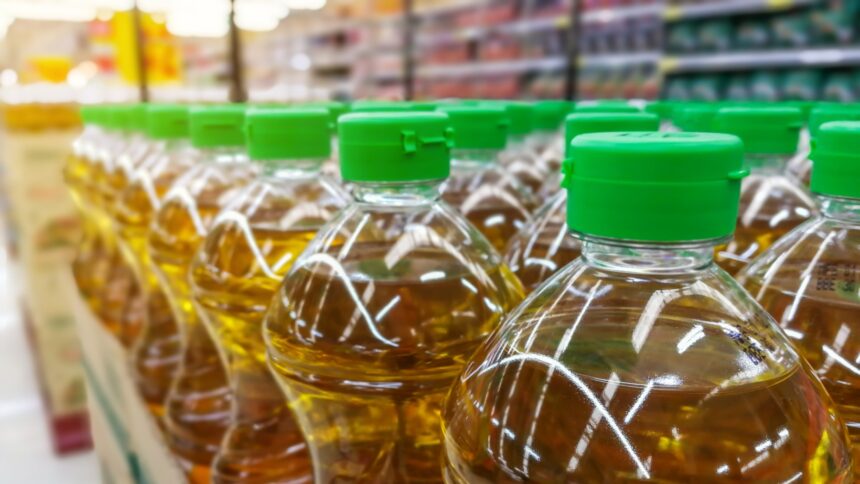In Spain, authorities have mandated the complete withdrawal of a specific olive oil variety from supermarket shelves, cautioning consumers against its consumption. This action comes amidst a trial in the National Court involving four defendants accused of fraudulently selling olive oil labeled as ‘extra virgin’ from Jaén, which was found to be a blend of sunflower and lower-quality olive oils. This form of food fraud is relatively common, especially amid price increases due to circumstances such as droughts or the Ukraine conflict. This particular scam allegedly began in 2017.
According to the prosecution’s indictment, the defendants orchestrated a scheme to persuade consumers to purchase five-liter jugs labeled as “extra virgin.” In reality, these containers contained a mixture of sunflower oil and olive oil in an approximate ratio of 70 to 30%.
They are also accused of fraud for selling their oil under the ‘Carrasqueño’ label, a brand belonging to another cooperative in Alcaudete (Jaén). To accomplish this, they would acquire jugs from this cooperative, empty them, manipulate the packaging, and refill them with their product at an industrial facility in Aguilar de la Frontera (Córdoba).
Both brands have been removed from sale locations, primarily in the province of Córdoba. While there is no direct health risk to consumers, this fraud involved selling oils at premium prices that are significantly cheaper.
“Extra virgin olive oil is obtained solely through mechanical procedures from olives. Furthermore, it undergoes no refining process and is consumed almost as it’s extracted. In essence, it could be considered olive juice,” explained Javier Sánchez Perona, a senior scientist at CSIC.
Among the beneficial components of extra virgin olive oil are oleic acid (55-83% of the total), phenols such as hydroxytyrosol with antioxidant activity, sterols that reduce plasma cholesterol, and tocopherols, also antioxidants (referring to vitamin E).
“In addition, there are other elements in varying concentrations such as squalene, β-carotene, triterpenes, pigments, or fatty alcohols. Truly, extra virgin olive oil is exceptional in the world of edible oils,” detailed Sánchez Perona.
The Fourth Section of the National Court will try four individuals (J.S.C., J.J.C.J, F.C.Z., and J.D.M) for various offenses related to selling oil to intermediaries, which was then fraudulently dispensed to the public in jugs in Córdoba.
The prosecutor seeks three years of imprisonment for each of the alleged perpetrators for the crime of falsifying commercial documents, along with a fine of 10 months at a daily rate of 20 euros. Additionally, three years for the crime against industrial property and a seven-year prison sentence for fraud.
The prosecutor mentioned the seizure of 74,000 liters of oil from the Alcaudete cooperative between 2017 and 2018 and the establishment of instrumental companies to lend more credibility. Also, the intervention of 1,134 jugs by the Civil Guard in an operation at the facility in Aguilar de la Frontera, Córdoba.













